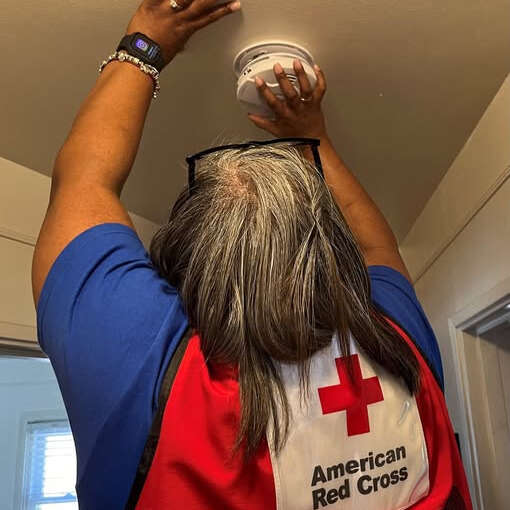
A DEA enforcement surge nets more than 4 million deadly dosages of Fentanyl in Michigan and Ohio.
As part of the nationwide One Pill Can Kill initiative in Michigan and Ohio, the DEA and its law enforcement partners seized more than 65 kilograms of fentanyl powder and 88,000 fentanyl laced pills during the period of May 23 through Sept. 8, 2022 – enough to provide 4.7 million deadly dosages.
“My office is committed to prosecuting the traffickers who are distributing this poison and the dealers who peddle it,” said Mark Totten, U.S. Attorney for the Western District of Michigan. “But let me also be clear: this is not a problem that we can prosecute our way out of. All stakeholders – law enforcement, first responders, the healthcare and rehabilitation community, and those in harm reduction must continue working together to address this problem.”
“Fentanyl in pill form is a deliberate attempt by drug cartels to make illicit drug use more appealing to Americans,” said DEA Detroit Special Agent in Charge Orville O. Greene. “Fake pills are especially concerning because the appeal they can have to an unsuspecting person. One may believe they are taking a legitimate pharmacy-grade pill pilfered from perhaps someone’s medicine cabinet or stolen from a pharmacy. Far too often that isn’t the case; many of the pills people buy on the street were haphazardly made in a clandestine lab – containing lethal dosages of fentanyl.”
Nationwide, more than 10.2 million fentanyl pills and approximately 980 pounds of fentanyl powder were seized during the same time span. The amount of fentanyl taken off the streets during this surge is equivalent to more than 36 million lethal doses. Additionally, 338 weapons were seized, including rifles, shotguns, pistols, and hand grenades
“The opioid epidemic is something that touches us all – we all have friends, family, or coworkers who have been directly affected by an opioid poisoning or death,” said Dr. Colleen Lane with Spectrum Health’s Center for Integrative Medicine. “Our Spectrum addiction medicine clinic is committed to educating our medical colleagues to better support patients and their families, providing resources to improve quality of care for vulnerable individuals, and reducing stigma around substance use disorder.”
Fentanyl remains the deadliest drug threat facing this nation. In 2021, a record number of Americans – 107,622 – died from a drug poisoning. Sixty-six percent of those deaths can be attributed to synthetic opioids such as fentanyl.
Drug traffickers have expanded their inventory to sell fentanyl in a variety of bright colors, shapes, and sizes. Rainbow fentanyl was first reported to DEA in February 2022, and it has now been seized in 21 states.
Fentanyl is a synthetic opioid that is 50 times more potent than heroin. Just two milligrams of fentanyl, or the amount that could fit on the tip of a pencil, is considered a potentially lethal dose.
As part of DEA’s ongoing efforts to educate the public and encourage parents and caregivers to talk to teens and young adults about the dangers of fake pills and illicit drugs, DEA has also created a new resource, “What Every Parent and Caregiver Needs to Know About Fake Pills.”
In September 2021, DEA launched the One Pill Can Kill enforcement effort and public awareness campaign to combat the fake pill threat and educate the public about the dangers of fentanyl pills being disguised and sold as prescription medications, despite these pills not containing any of the actual medications advertised. The only safe medications are ones prescribed by a trusted medical professional and dispensed by a licensed pharmacist. All other pills are unsafe and potentially deadly.
Additional resources for parents and the community can be found on DEA’s Fentanyl Awareness page.

 4/18/25 - List of Easter Events for the Kids
4/18/25 - List of Easter Events for the Kids
 04/15/25 - Red Cross Going Door to Door This Month
04/15/25 - Red Cross Going Door to Door This Month
 11/06/24 - ELECTION 2024 - ELECTION RESULTS
11/06/24 - ELECTION 2024 - ELECTION RESULTS
 8/15/24 - Groundbreaking For New Children's Rehab Hospital
8/15/24 - Groundbreaking For New Children's Rehab Hospital


